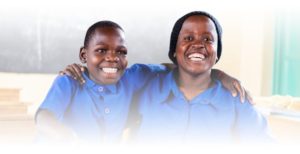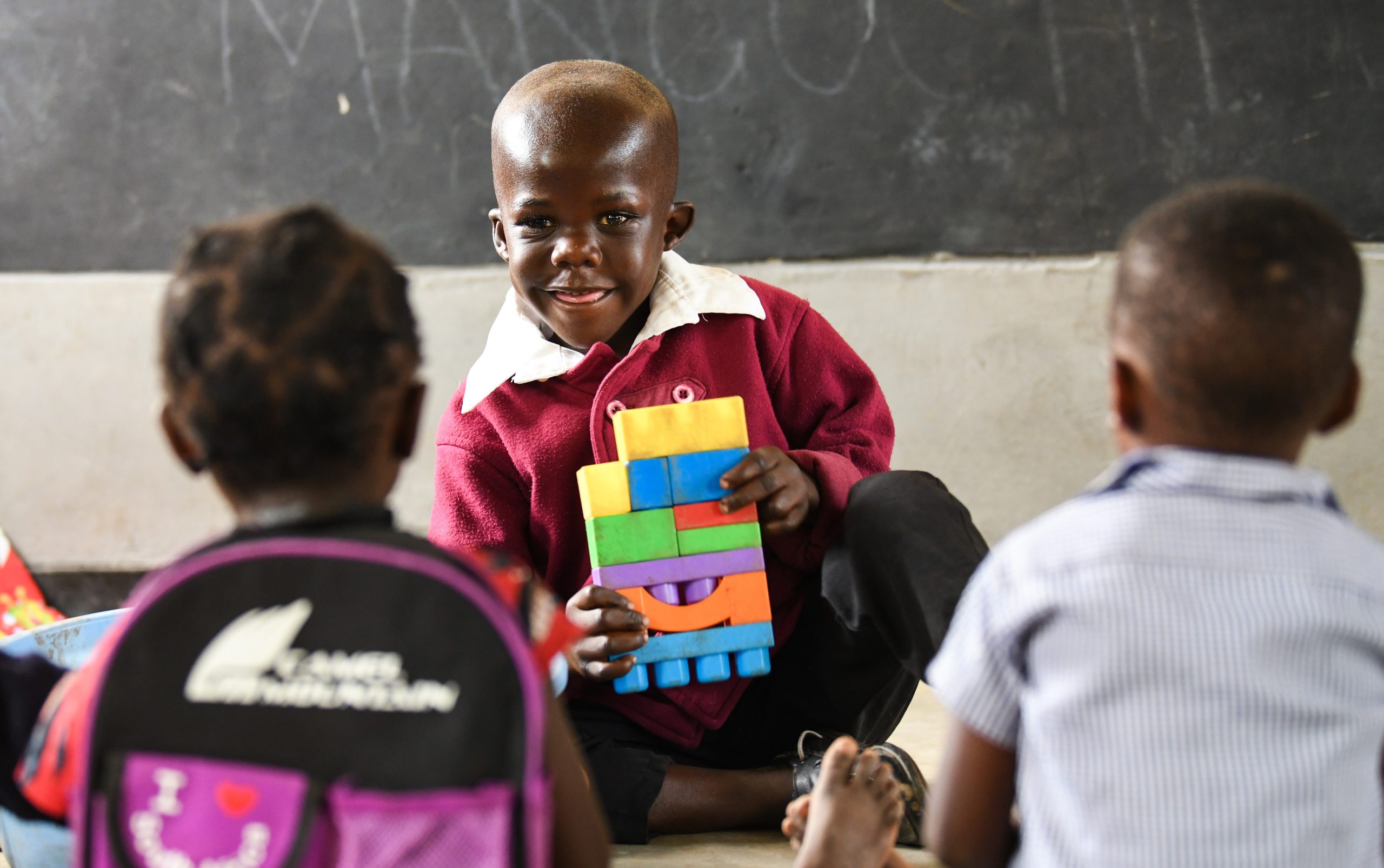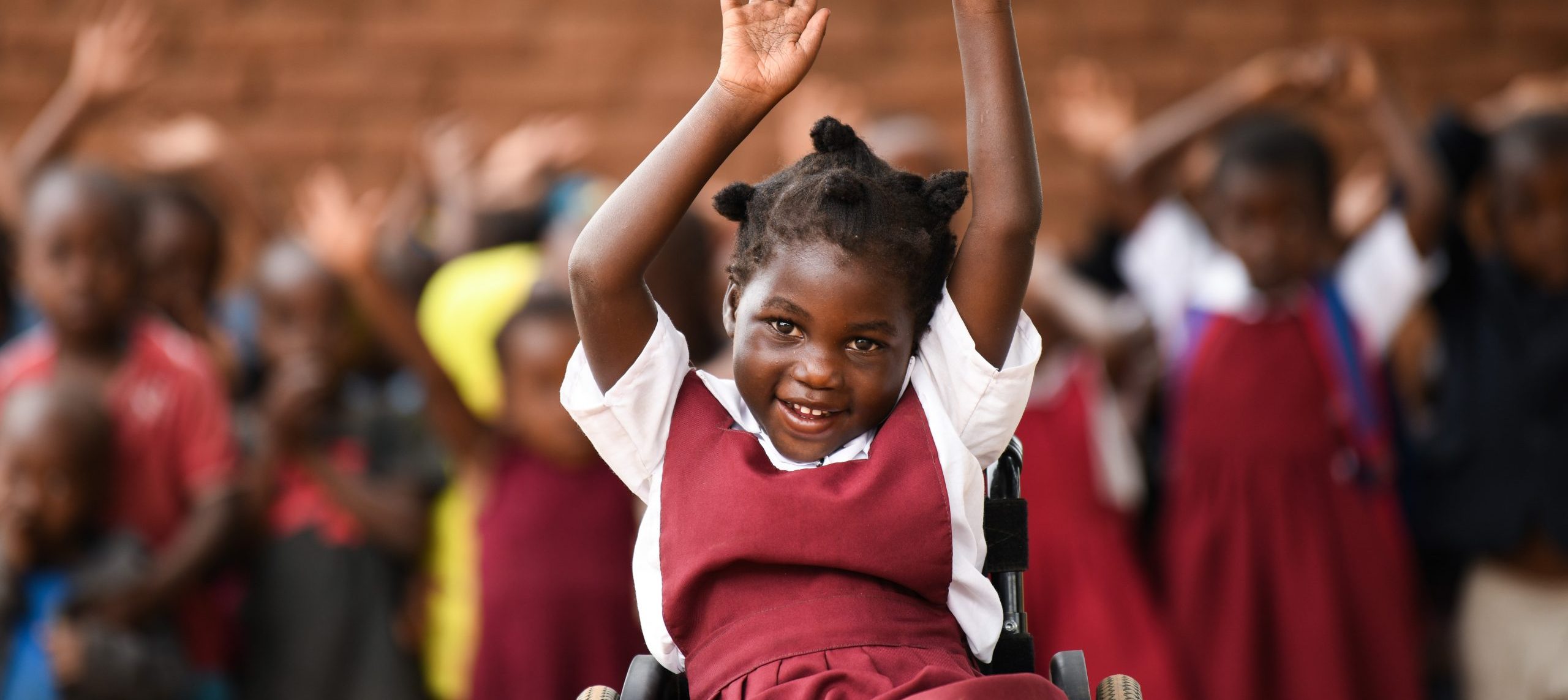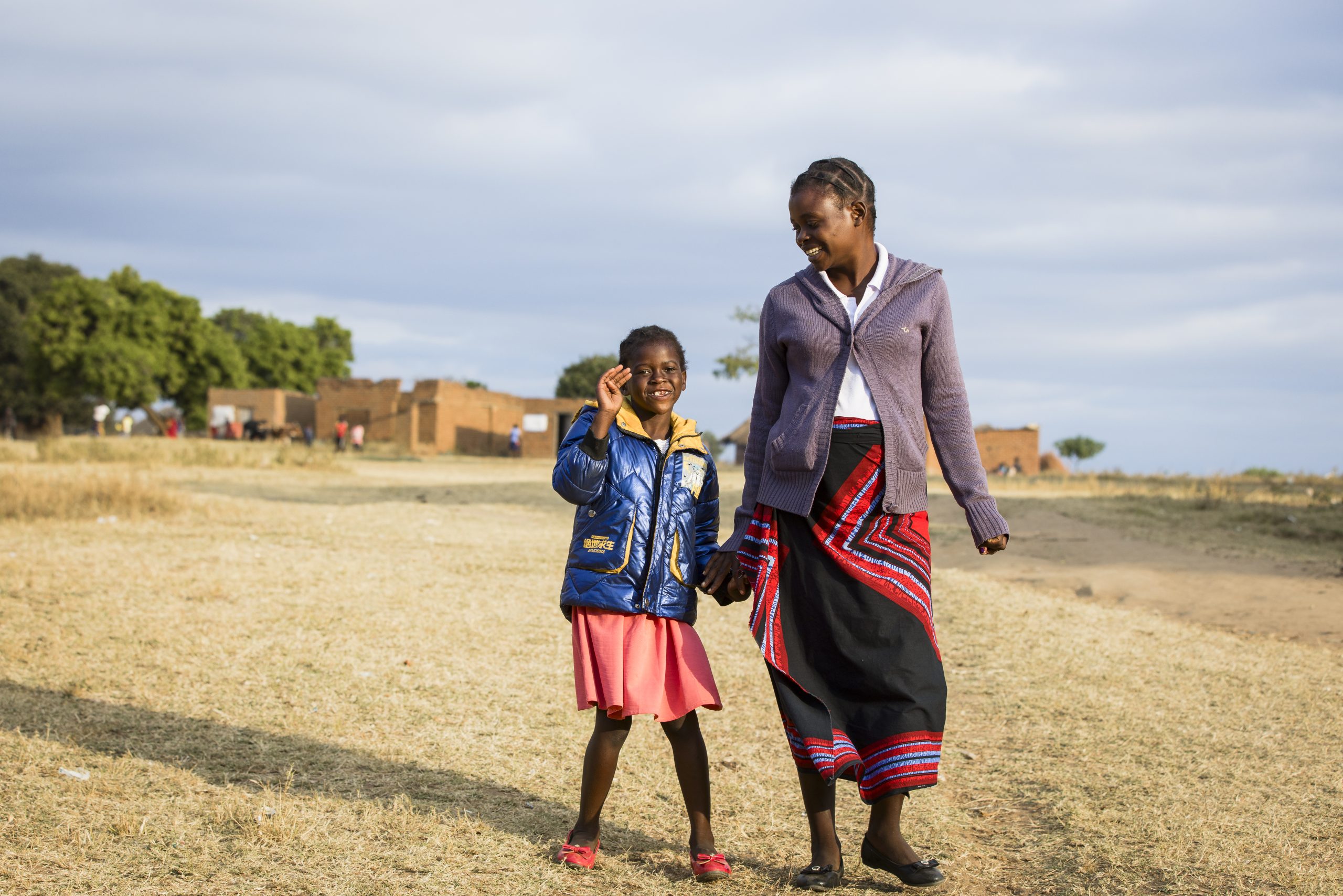Dora was one of the lucky ones. Her parents believed in her right to education and Dora’s disability had not stopped her attending school. However, like most children with disabilities, Dora experienced daily discrimination both for having a disability and for being from a poor family.
Dora’s parents worked hard to provide for their family and afford school fees. But health, sanitation and hygiene could not be a priority and so Dora was becoming increasingly teased and excluded.
When we approached Dora’s school as part of our Inclusive Sanitation and Hygiene Project with UWEZO, Dora was quick to come forward to be involved. Through the programme, we had trained local young women with disabilities to mentor younger girls with disabilities. Dora was thrilled to be given a mentor and join the other girls in the school in the club that was set up.
I attend the school club where I get to meet up with other girls with and without disabilities. Our mentor tells us about the importance of using clean water for sanitation, hygiene and also about sexual reproductive health.
– Dora
Dora has developed a great connection with her mentor, Marie. Marie regularly visits Dora at her home and helps her and her family learn how to keep Dora clean. Dora is looking forward to learning more from the project so that she can teach her young sisters all about hygiene and sexual reproductive health.
I now help my younger sisters to stay clean both at home and at school so that our parents don’t have to worry about us, and they can concentrate on earning enough money to afford our school fees.
Dora feels much happier about life than she did before. She now has a role model to look up to, which has made her more confident to fulfil her potential.
I want to become a doctor so that I can make my mother proud and treat other children with disabilities who have health problems but can’t afford treatment.
– Dora

